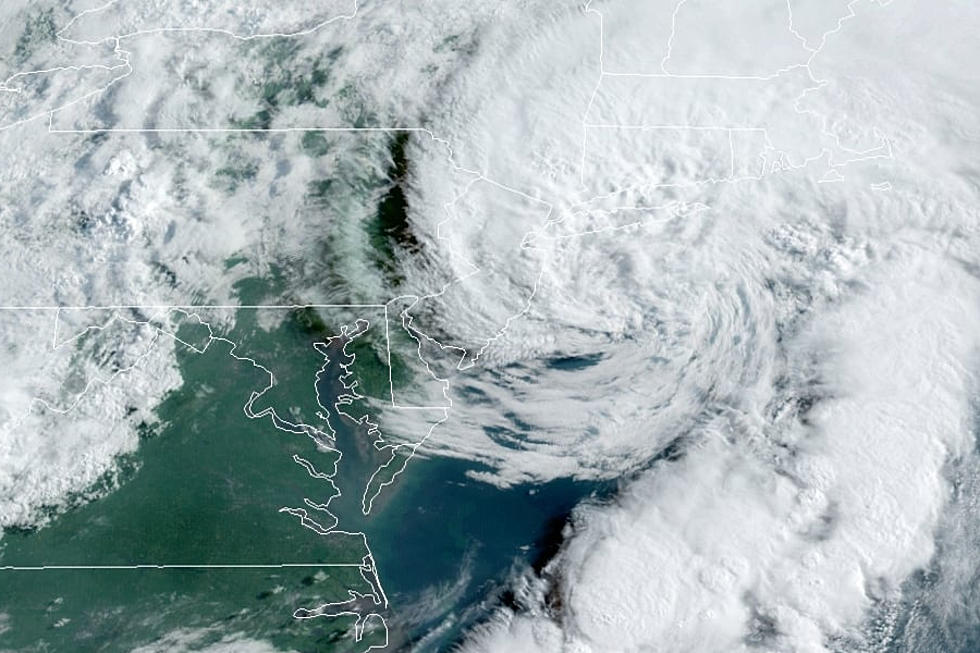
NJ Red Cross says now is the time to prepare for hurricane season
The Atlantic hurricane season officially began Wednesday and figures to play a big part in New Jersey's weather headlines over the next six months.
Many in the Garden State may not realize the season lasts through Nov. 30, but the upcoming 10-year anniversary of the onslaught of Superstorm Sandy, in late October 2012, may serve as a reminder to some.
Diane Concannon, American Red Cross New Jersey Region communications director, said it is never too soon to prepare for severe weather and outlined three simple steps for New Jerseyans to follow.

First: Build an emergency kit.
That doesn't just mean a first aid kit. In addition, the Red Cross suggests a gallon of water per person, per day; non-perishable food; a flashlight and battery-operated radio; medications and other supplies for adults, infants and pets alike; cell phone chargers; cash and important documents, and personal hygiene items.
In other words, Concannon said, what a family might need to survive if they are hunkering down at home if and when the power goes out, or if they cannot leave their home.
Second: Make a plan.
The remnants of Hurricane Ida, which hit New Jersey nine months ago to the day on Wednesday, showed that every pocket of the state is susceptible to tropical weather, not just the Jersey Shore.
"Some of the smaller tributaries, too, we saw when there was so much rain, those areas got flooded," Concannon said. "So if you're in any of those areas, you want to have a plan in place."
Concannon said it's important to be aware of when weather watches and warnings are issued, and what they mean — specifically, that a warning means severe impacts are imminent.
She advised residents to keep lines of communication open between family members if they are not already all together.
"Do you move your car, do you get out of the area? Where would you evacuate to? Do you have pets? Make sure they're part of your family's plan," Concannon said.
All this leads to the last of the steps the Red Cross suggests New Jersey families observe.
Third: Stay informed.
A flash flood watch or warning, while scary, is one thing, Concannon said. Preparations for tornadoes, whose frequency has increased over the Garden State in the last couple of years, accelerate the first two of the Red Cross' steps.
"Even if it's just tornado watches, I think we've all become more used to hearing those now, so to have the tools and the knowledge is very important," she said. "With a hurricane we have, usually, a few days' notice where we could be prepared, but tornadoes, those watches and warnings come -- you may have an hour or so."
To keep people up to date, Concannon recommended downloading the free Red Cross Emergency app, or visiting the New Jersey Region's Prepare NJ page, where preparedness information is updated seasonally.
Patrick Lavery is a reporter and anchor for New Jersey 101.5. You can reach him at patrick.lavery@townsquaremedia.com
Click here to contact an editor about feedback or a correction for this story.
NJ beach tags guide for summer 2022
Here's where NJ legal weed is sold
See the Must-Drive Roads in Every State
More From 94.3 The Point










